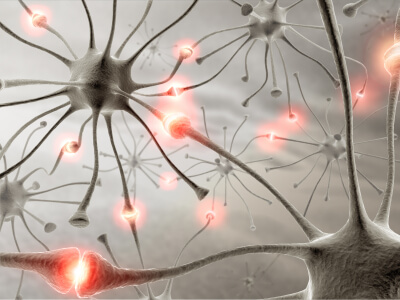I’ve posted before about the importance of critical thinking and the once-in-a-lifetime opportunity for a young person to lay down a foundation of critical thinking skills in the developing prefrontal cortex – what I often refer to as “the smart part” of the brain.
The stakes could not be higher. Pruning in the PFC is relentless during adolescence. If a child exercises a lot of critical thinking during the teen years, an ample – even a massive foundation could be the result. If this is achieved, there’s no ceiling for the young adult’s ability to learn and achieve in life.
But if your child blows if off, as many young people do, focusing mostly on being cool, social networking and having fun, well…the brain’s relentless pruning will eliminate most of the connective tissue in the PFC, and a limited intellectual capacity could be the result – for life.
I’d like to keep it positive, though, and simply say that the opportunity is huge.
Any parent who has learned about this turning point in the life of their child will probably ask this question: Is there anything I can do to encourage my child to do the work?
The answer: absolutely, there’s a lot you can do. Here are seven general strategies:
- Let the kid in on the secret. There’s simply no reason not to. Knowledge is power, and in my experience young people welcome this information. How do you share the knowledge? Get the book, How Your Teen Can Grow a Smart Brain, and share it with your child.
- Ask open-ended questions that stimulate the child to think. Don’t just instruct, advise or give the answer or solution. Start with the classic, “What do you think?” Others: “Why do you think this happened?” “What are your options?” “If you do this, what do you think will happen?” There are dozens more.
- Defer alcohol consumption. Binge-drinking or drug use during adolescence carries the same risk as a pregnant mother doing the same thing: the potential to derail normal brain development causing permanent damage. About a third of teenagers have never consumed alcohol. Discuss the risks with your teen and get him or her to agree to join the young people who have decided not to consume alcohol or take drugs during adolescence.
- Limit the total daily exposure to electronic screens, especially violent action games. Among other dangers, the cortisone that floods the brain while playing these games can have a damaging effect like that of alcohol.
- Encourage strategy games, such as chess, “go,” dungeons and dragons and dozens of other popular strategy-based video games.
- Encourage interest in courses that involve critical thinking, such as math, science, engineering, and technology. Computer programming can have an awesome impact on PFC development. Any course such as debate, public speaking, philosophy, English or history, if it is taught using analytical methods instead of memorization of facts, can stimulate critical thinking. But your child must take the course seriously. Not much will happen if they just show up and get a passing grade.
- Support involvement in extracurricular activities that require critical thinking (problem-solving, planning, organizing and managing) such as entrepreneurial ventures, chess club, debate club, scouting, ROTC, robotics, and FFA. Again, the more committed your child is, the better the results.
Some bottom lines…
- Your child has to do the work. You can’t do it for them. But like earlier periods of brain development, you can encourage. You can take the kind of coaching and parenting actions I’ve just outlined.
- If possible, start during middle school. In fact, starting even before puberty can establish an awareness and habits which could make it easier to for your child to do the work during adolescence.
- The more your child exercises critical thinking, the more thoroughly the circuits in the PFC will wire. And this foundation wiring is permanent.
- Your child doesn’t have to become a nerd. A life of earnest self-development balanced with physical exercise, wholesome relationships and fun is the best-case scenario.
 The context for this article is the subject of my new book: How Your Teen Can Grow a Smarter Brain.
The context for this article is the subject of my new book: How Your Teen Can Grow a Smarter Brain.
You can grow the bond with your child through better listening. Download the FREE ebook, Listening to Understand.

